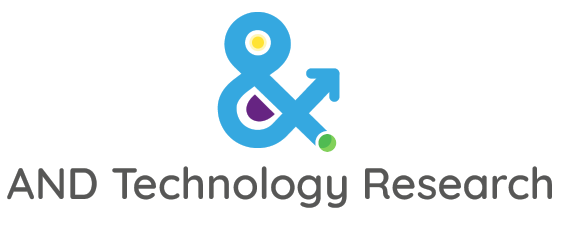BLOG
What is knowledge and how can companies effectively process it?
[Sassy_Social_Share]
BLOG
What is knowledge and how can companies effectively process it?
Knowledge is in everything we do; what we know drives us to make decisions, enact strategies, and shapes the world around us. More particularly at ANDTr, knowledge is at the core of our business, and is an important part of how we conduct our work
So what is knowledge anyway?
Well this is a little hard to explain. At the surface level it’s just what you “know”. For example you might know what a square is, and you can quite easily define it as any four sided two dimensional shape where all four sides are the same length. Similarly you could describe an elephant as a large grey mammal with tusks, but using that description is an elephant without a tusk still an elephant? Us humans might think so, but many Artificial intelligence or Machine learning might struggle to make the decisions if they’ve not been properly trained
So it might be better to build our description up from scratch. At ground level we have Data which we can define as a set of discrete observations- what you see is what you get. For example, a set of names:
- Peggy
- Phil
- Ian
With these names we can only see what is there- we don’t know exactly who these people are, or even if the names are for a person at all- they could all be the names of cars! When we want to add context like this to data, we create information. For this example we can create the following information.
- Peggy is related to Phil
- Ian is not related to Phil
Now at this point you might be able to work out what this example is about- what you’ve done there is used existing information to create new information- and this is what we can define as knowledge. We can also create new information using our knowledge of how relations work:
- If Phil and Peggy are related, but Peggy and Ian aren’t, then Peggy and Ian probably aren’t either
These definitions aren’t fixed -the boundary between data, information, and knowledge is blurry – but at the heart of it is that each step is adding value to the observations you have about the world
We can also split knowledge down into two main types; Explicit and Tacit. Explicit is easily defined- its anything that can be easily defined! Anything you can efficiently write down or transfer to another person is explicit knowledge. Tacit is anything that is much harder to write down- things like the muscle memory of riding a bike, or the common sense of when is the best time to merge in traffic
So why is knowledge so important?
Knowledge is so important because its how we make decisions on what we do in the world. This process was succinctly described with United States Air Force Colonel John Boyd’s OODA Loop:

When we need to make a decision we first Observe our environment and gather information about the situation . We then Orient by drawing on the knowledge we have, and what we can gather from our observations- for example drawing from our past experience. This then lets us Decide on a strategy, which we can then Act upon. At this point our actions will have an effect on the world and we repeat the process with the new environment. This process is how all decisions are played out – from one person deciding what to have for lunch, to entire countries deciding geopolitical strategy it will all take place within the OODA loop.
How do companies gain knowledge?
Generally speaking, any work undertaken by a company will create some sort of knowledge, but there are ways that this process can be sped up or aided. Knowledge rental is the most straight forward- hiring external consultants for their knowledge on a subject, but companies must be sure to capture this knowledge so it can still be used after the consultants departure. Research and development units sole function is to think up and test new ideas – creating new knowledge of what works and what doesn’t. Bringing people together is a great way to create and share knowledge, be this putting together task forces with a wide range of employees, attending networking or conference events, or even just having a space in an office where people can congregate together and discuss things informally. Most pertinent today though is adapting in response to external stimuli. The Covid 19 pandemic has caused a huge change in the way work is done, and quickly gaining knowledge about home working will have a huge impact on keeping businesses running. Managing knowledge can be hard, but by doing so we can create work environments that run more efficiently, helping to bringing products and services to market.







